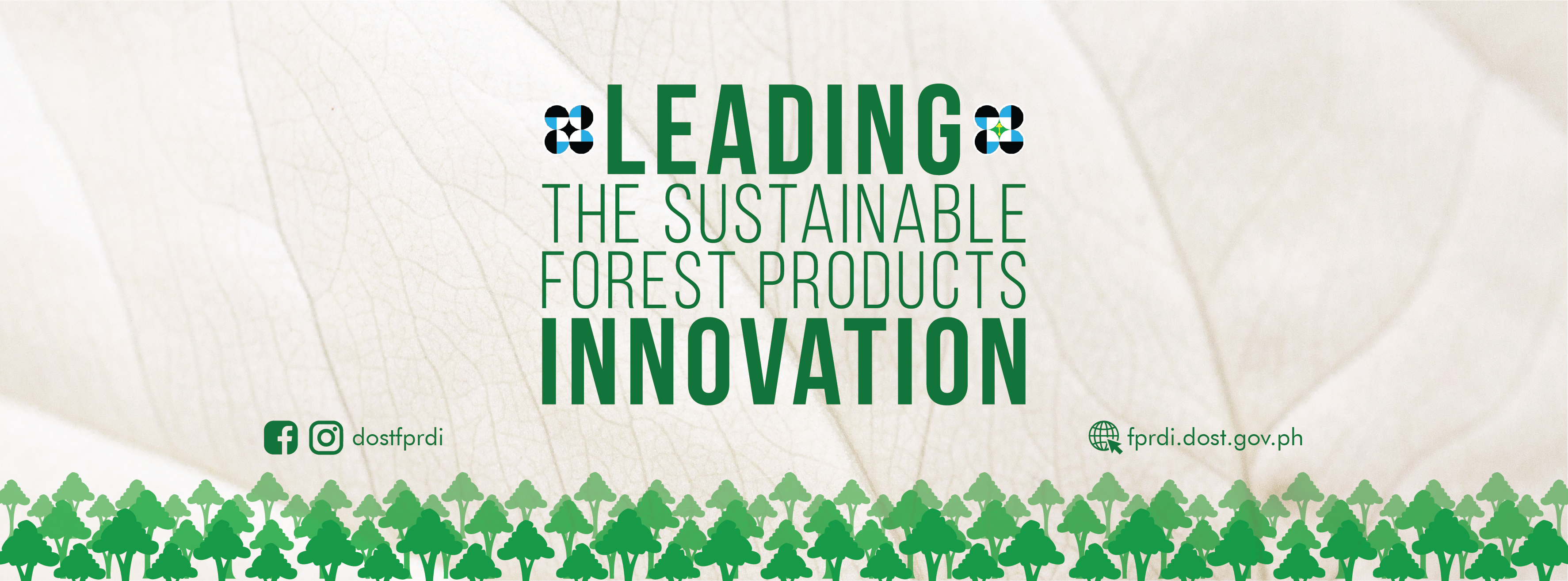DOST-FPRDI elected as one of APAFRI’s Execom members
- Details
The DOST- Forest Products Research and Development Institute (DOST-FPRDI), represented by Deputy Director Felix B. Tamolang, was recently elected as one of the Asia-Pacific Association of Forestry Research Institutions’ (APAFRI) Executive Committee members for 2018-2021. The election happened after its 8th General Assembly last 29 November 2018 at Putrajaya, Malaysia.
DOST-FPRDI botanists discover new Hoya subspecies
- Details
Known for its ball-like cluster of waxy flowers, the Hoya plant is a favorite among many flower enthusiasts especially in Asia. And although there is already a great variety of officially recognized Hoya plants, a new subspecies was recently discovered by botanists from the DOST-Forest Products Research and Development Institute (DOST-FPRDI).
DOST-FPRDI ups the game with a consultative dialogue
- Details
To make its services and technologies more responsive to the needs of industry partners, the DOST- Forest Products Research and Development Institute (DOST-FPRDI) organized a “Consultative Dialogue with the Forest-based Industries” last 30 October 2018.
”This event intends to address the current challenges faced by the forest-based industry. It hopes to provide S&T-based solutions to technical problems identified by our clients,” said DOST-FPRDI Director Romulo T. Aggangan.










